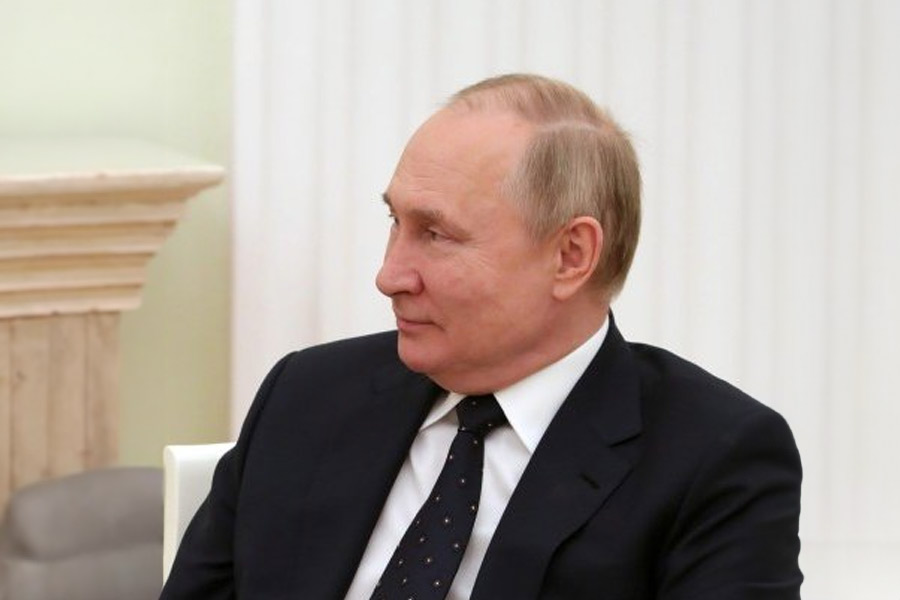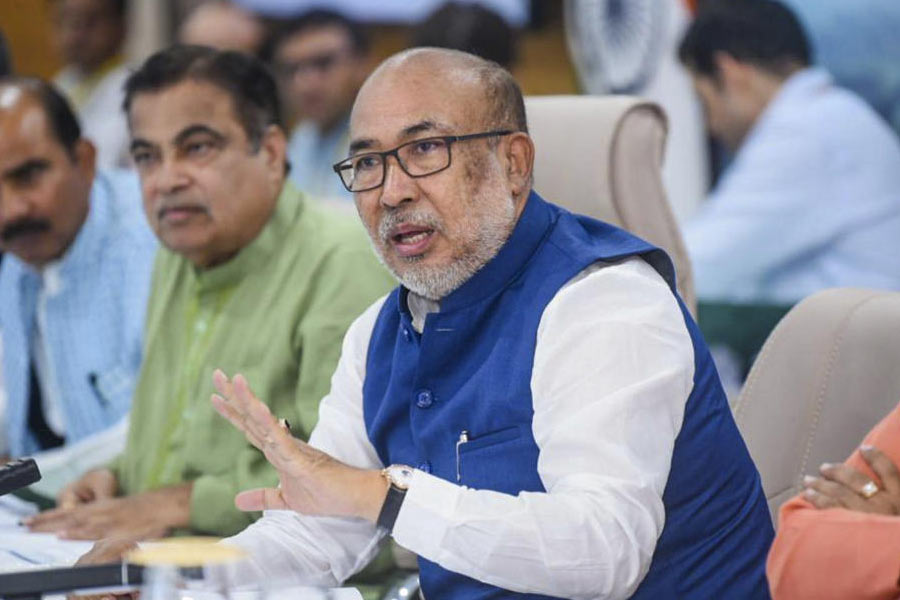Nigel Farage, leader of the far-Right Reform UK party, is facing wide-ranging criticism across the political spectrum over his claim that the West provoked Russian President Vladimir Putin to invade Ukraine, including of being an appeaser.
In a BBC TV interview broadcast on Friday evening, Farage, who is seeking to woo voters away from Britain’s governing Conservatives at the July 4 general election, drew a link between the expansion of Nato and the EU eastwards over the past few decades and the invasion.
Claiming that he warned of a potential war in Ukraine in 2014, when he was a member of the European Parliament, Farage said “we provoked this war”. It’s unclear whether his warning came before or after Russia had annexed the Crimea peninsula from Ukraine in February 2014.
“It was obvious to me that the ever-eastward expansion of Nato and the EU was giving this man a reason to his Russian people to say, They’re coming for us again’ and to go to war,” Farage said. “It’s, you know, of course it’s his fault — he’s used what we’ve done as an excuse.”
Farage’s critics slammed his statement, with many describing him as a Putin apologist.
In perhaps his sharpest criticism of Farage, Prime Minister Rishi Sunak said it was “completely wrong” to say the West provoked Putin into launching a full invasion of Ukraine in February 2022.
“This is a man who deployed nerve agents on the streets of Britain, who’s doing deals with countries like North Korea,” Sunak said. “And this kind of appeasement is dangerous for Britain’s security, the security of our allies that rely on us and only emboldens Putin further.”
Many Conservatives, including Sunak, have held back from overly criticising Farage, who though not a lawmaker in the UK Parliament, was hugely influential in Britain’s vote to leave the EU in 2016.
The worry among many Conservatives is that attacking him too much will further alienate many Conservative voters, who sympathise with his tough rhetoric on issues like immigration and Brexit. In many constituencies around the country, Tories have argued that a vote for Reform would see the Labour Party come through the middle and win.










